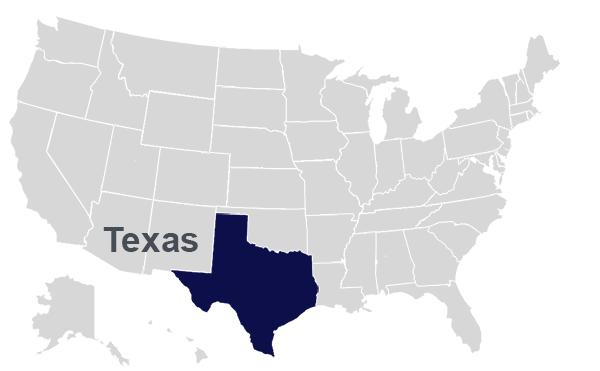Warning: Undefined variable $highlight_teachers in /var/www/html/web/txcc/our_work/tx_educator_evaluation/navigation.php on line 43
Warning: Undefined variable $highlight_principals in /var/www/html/web/txcc/our_work/tx_educator_evaluation/navigation.php on line 47
Warning: Undefined variable $highlight_timeline in /var/www/html/web/txcc/our_work/tx_educator_evaluation/navigation.php on line 50
Warning: Undefined variable $highlight_committees in /var/www/html/web/txcc/our_work/tx_educator_evaluation/navigation.php on line 56
The Work
Teacher and Principal Evaluation and Support Systems
Why create a new evaluation system?
Research demonstrates that a student’s teacher is the most important in-school factor in improving student learning (McCaffrey, Lockwood, Koretz, & Hamilton, 2003; Rivkin, Hanushek, & Kain, 2005). To support this finding, the Texas Education Agency has committed, as articulated in its approved ESEA waiver to the U.S. Department of Education, to improving educator supports imbedded within the teacher evaluation system. Moreover, feedback from Texas teachers and principals indicates that the state's current teacher evaluation system (known as the Professional Development and Appraisal System, or PDAS) does not provide for a supportive, continuous focus on instructional growth. As a result, the agency has identified a need for a new system that will provide more robust and objective feedback to teachers and administrators and direct access to professional learning.
What will make this system different?
- TEA will develop new teacher and new principal evaluation systems that encourage more frequent, timely, formative feedback and that incorporate multiple indicators of success, including measures of student learning.
- The new evaluation systems will (1) foster open and collaborative campus cultures that focus on instructional growth, supportive and contextual feedback, and the development of individual and schoolwide practices that more effectively improve student learning; (2) include multiple measures of teacher effectiveness including in- and out-of-classroom indicators, student learning growth, and teacher self-reflection; and (3) provide teachers and administrators with access to online dashboards that tie evaluation results directly to professional learning offerings for teachers and administrators.
Who are TEA’s partners?
- Statewide steering committees provide input and recommendations to TEA. The committees are comprised of classroom educators, principals, university professors, and valued stakeholders.
- Texas Comprehensive Center at SEDL provide logistical and information services for steering committees and TEA staff.
- ESC 13 provides input and support on communications with ESCs and school districts, and creates training supports and professional development repositories linked to the new teacher evaluation system.
- Pilot districts are school districts from across the state that will be piloting the new system in the 2014–2015 school year.

References
McCaffrey, J. R., Lockwood, D. F., Koretz, D. M., & Hamilton, L. S. (2003). Evaluating value added models for teacher accountability [Monograph]. Santa Monica, CA: RAND Corporation. Retrieved from http://www.rand.org/content/dam/rand/pubs/monographs/2004/RAND_MG158.pdf
Texas Education Agency. (2013). ESEA flexibility request. (Sept. 18, 2013). Retrieved from http://www.tea.state.tx.us/index2.aspx?id=25769803880
Texas Education Agency. (2014). ESEA flexibility request: Principle 3, supporting effective instruction and leadership. (May 2, 2014). Retrieved from http://www.tea.state.tx.us/index2.aspx?id=25769803880
Rivkin, S. G., Hanushek, E. A., & Kain, J. F. (2005). Teachers, schools, and academic achievement. Econometrics, 73, 417—458.


